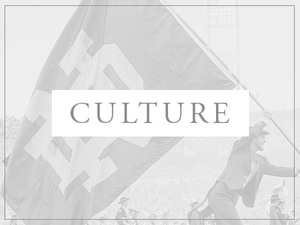 "
"
Public bioethics, the field of American law and policy-making that governs issues such as abortion, assisted reproduction and end-of-life care, grew out of abusive scientific research in the mid-20th century. Yet, as prevalent and controversial as debates on these issues are today, few people will stop to examine the underlying laws that govern these topics. This is where O. Carter Snead, a Notre Dame law professor, steps in with his new book, “What It Means to Be Human: The Case for the Body in Public Bioethics.”
In his book, Snead explores the genealogy of American public bioethics. He shows how this field of law emerged as a response to the abuse of human subjects in scientific experiments, including in the infamous “Tuskegee experiment” and research on aborted, but still living, fetuses. Next, Snead considers the case and statutory law that governs abortion, assisted reproduction and end-of-life procedures in the United States. In each example, he argues that the law promotes a misguided view of “what it means to be human.” Current American bioethics represents a belief in “expressive individualism,” or the view that man is “atomized, solitary and defined essentially by his capacity to formulate and pursue future plans of his own invention.” But Snead argues that this representation is erroneous. Fundamentally, it forgets that humans are radically dependent on one another. As children, we rely entirely on our parents; as adults, we still need family and friends; and as we grow old, we once again become almost entirely dependent on those around us for support. Snead argues that more just public bioethics would remember this “radical dependence.”
O. Carter Snead’s book provides a concise history of the interesting and controversial subject of American bioethics, while also pushing the reader to consider important moral questions, such as what we owe to one another and what it means to be human.